Opera North’s new production of Cole Porter’s masterwork Kiss Me, Kate has been so widely and justly praised that I wonder whether there is much for a week-later reviewer to add. It’s not as if the work needs much exegesis or critical commentary, though it may be worth pointing out that what we hear in Leeds amounts to a new critical edition, in which the conductor, David Charles Abell, has played a major role. Musicals have been treated with as little respect as Italian operas were in the 19th century, with arias and whole scenes added or subtracted according to the taste and abilities of the performers, the management’s judgment of the initial reception, and the casualness with which manuscripts and orchestral parts have been handled. So Abell has an alarming tale to tell of chances lost and coincidences redeeming them, of tap-dance routines only recently discovered — all the makings, really, of the plot of a musical involving the disinterment of an earlier musical, with scholars fighting for grants and attending conferences in desirable places, etc.
Kiss Me, Kate already involves a musical-within-a-musical, in that the leading pair are played by a divorced couple. This gives rise to some confusion, at least if you’re not trained in opera plots, since it’s often hard to tell whether the conflicts we are witnessing are taking place between Petruchio and Kate, or between Fred and Lilli. I gave up minding fairly early on, after a study of Ethan Mordden’s excellent article in the programme book, and previously his superb account in his authoritative six-volume history of the American musical — why is this writer, encyclopaedic and fascinating both as musical commentator and brilliant novelist, so little known in the UK? The main thing is that this lengthy show, clocking in at slightly more than three hours, has enormous élan and a satisfyingly maintained sense of period. The only blot, which I had already more or less made allowance for before the show began, is American accents, their variability in the course of a single spoken sentence and between and among the performers. Quirijn de Lang, the Dutchman who plays Petruchio, is the worst offender, but in every other respect his performance is so endearing and attractive that it’s churlish to mind for more than a few minutes. These people have to look good, to act well, to sing in a half-operatic style, and to maintain unflagging energy, that being the great central quality of all musicals that matter. And they all do, there is no weak link. In Kiss Me, Kate there is no sentimentality, just the occasional hint of a sexy melody by Offenbach; it is as starkly unlike the ghastly gooey West Side Story as possible. Oh, and somehow Opera North manages to create an atmosphere of backstage grimness (not difficult) and onstage glamour and even sumptuousness, largely thanks to a huge reproduction of the great tapestry of The Lady and the Unicorn, and lavish period costumes. Please let’s have more dry-eyed productions of members of this art form.
Which brings me to Berg’s Wozzeck, and the question of how moist-eyed we should be at the end of what is almost certainly the greatest opera of the last century. In the past decade London has seen the perverse and refrigerating Royal Opera production; a strange hotchpotch of a semi-production at the Royal Festival Hall, superbly performed but violently gimmicky; and the marvellous ENO production, the most moving I have experienced.
The Zurich Opera has now done one of its one-night stands, a concert performance, sold mainly on the strength of Christian Gerhaher’s assumption of the title role, again at the Festival Hall. In the event, Gerhaher was unable to take part owing to illness and his place was taken by Leigh Melrose, a performer who everyone has seen because he is so versatile, but who pays the price and no one can think what they’ve seen him in. Well, now they can: he was magnificent (he was Wozzeck in the ENO production, but in English, of course), utterly involved in the role and articulating perfectly too. And he was surrounded by a strong cast, with Wolfgang Ablinger-Sperrhacke gleefully telling Wozzeck that he is a good man but lacking in virtue, and so forth, as if Berg had written the role for his particular variety of oily malice; and Lars Woldt a deranged doctor, reeling off his list of invented illnesses. The Drum Major of Brandon Jovanovich could easily play his role in a performance of Büchner’s play, and has a rich voice too. Gun-Brit Barkmin came on super-strong as Marie, less convincing in repentance than in erotic responsiveness — and crucially there was no child among the performers, only a chorus member (did Zurich Opera really need to bring a chorus of 46 with them?) to sing the last few words of the opera, so Marie’s lullaby and other scenes with the boy fell flat.
In fact, I’m not sure that Wozzeck can make its full impact in a concert performance, as so many operas clearly can. Not even when the orchestra is as fine as the Zurich one, and the conductor as probing and precise as Fabio Luisi. I have found him an uneven conductor, but here he was at his best, and he built that final elegy for Wozzeck to a stunning climax. That’s where the tears come in. We watch horrified as Wozzeck is driven to murder and suicide, but when the great D minor interlude gets under way it is as if we are to mourn the passing of a great hero. Many people have criticised Berg’s giving way to his superabundant store of feeling, and like them I think it was a mistake, but once one knows it, one wouldn’t be without. And that’s how we shall go on feeling.
Got something to add? Join the discussion and comment below.
Get 10 issues for just $10
Subscribe to The Spectator Australia today for the next 10 magazine issues, plus full online access, for just $10.

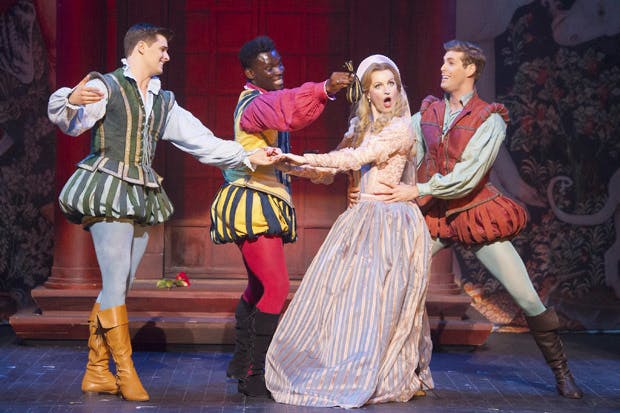
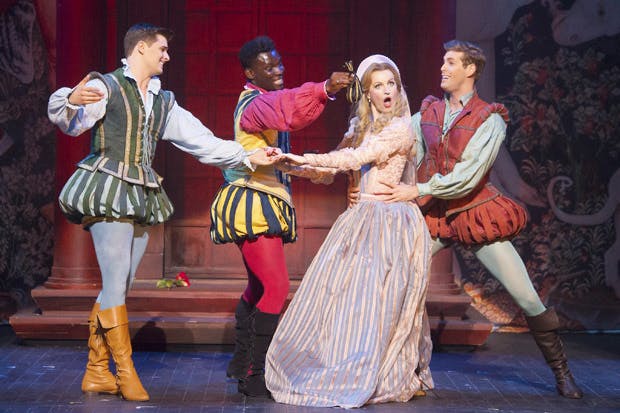
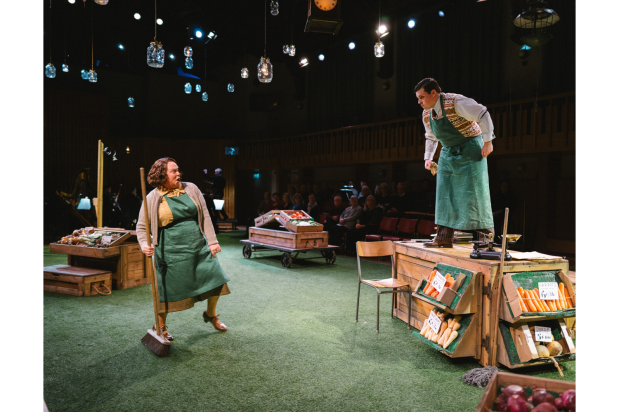
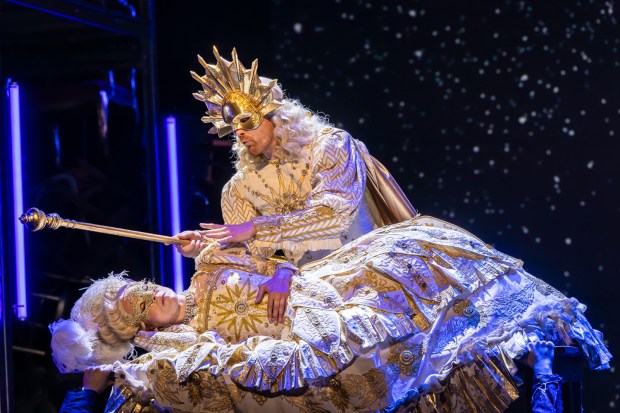
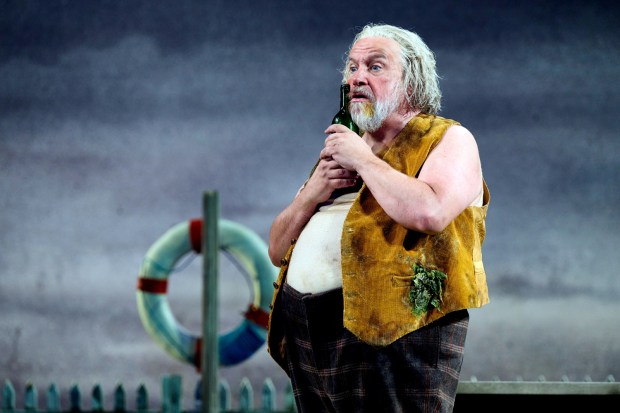

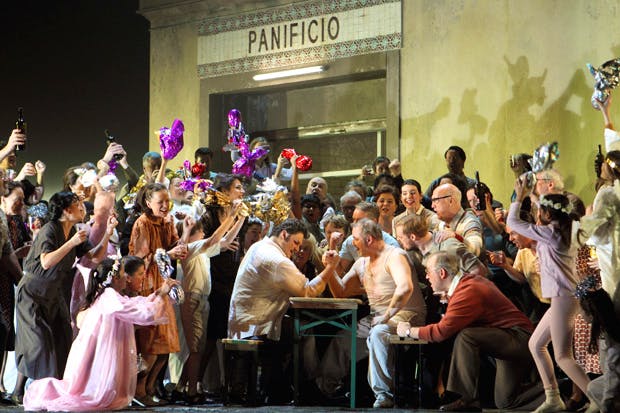






Comments
Don't miss out
Join the conversation with other Spectator Australia readers. Subscribe to leave a comment.
SUBSCRIBEAlready a subscriber? Log in